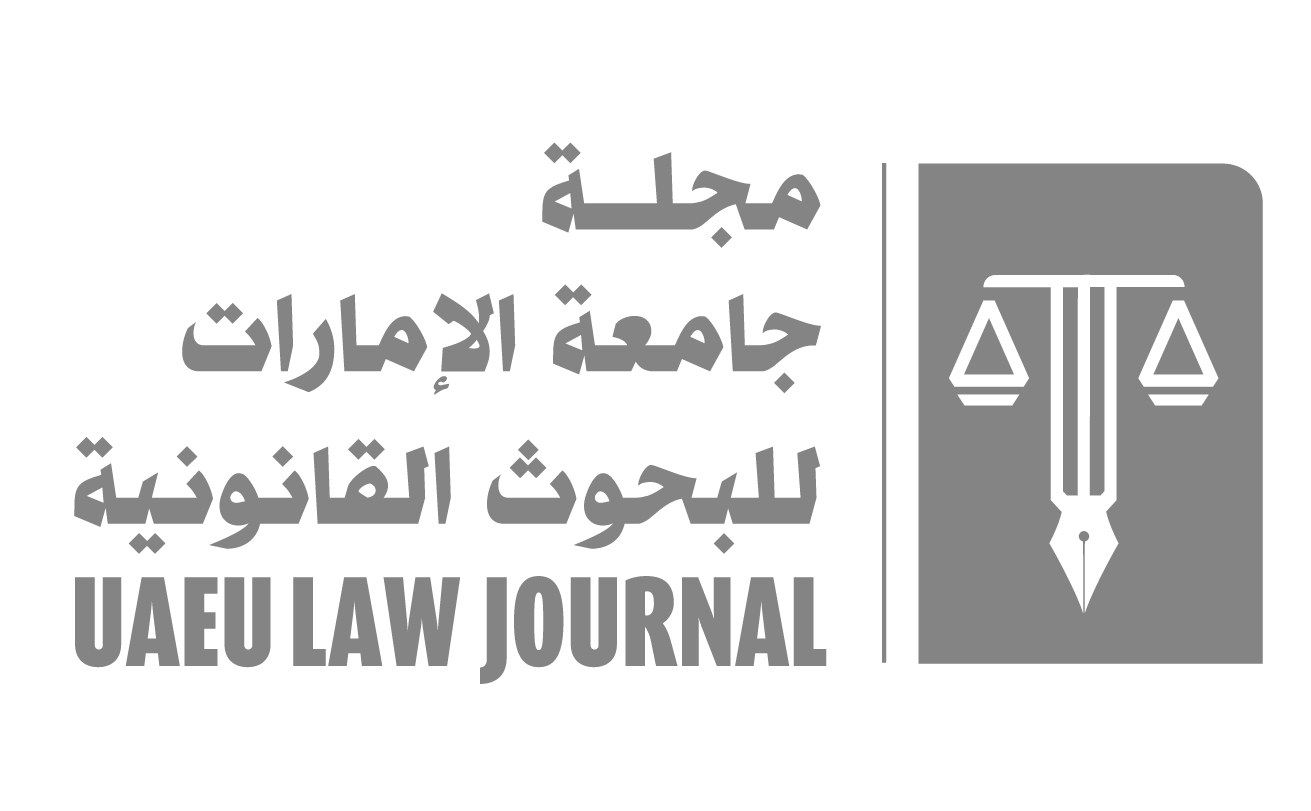
Abstract
The creditor's right to initiate compulsory enforcement procedures, in legal terms, entails an integrated executive association in terms of its elements, namely, the person, the subject and the reason, which constitutes the theory of implementation in general. Since implementation theory consists of three basic elements, implementation people, the reason for implementation, and the place of implementation. The subject of the research will be limited to the implementation persons, not all the people involved in the process of forced implementation. But only to third parties.
Since direct enforcement procedures require the intervention of several persons in the executive association, in order to enable the creditor to fulfill its right of the debtor in writing. The subject of the research does not deal with the rules of civil liability for each person involved in this process, but only to deal with the responsibility of others in the forced implementation, taking into consideration that the position of this other does not exceed one of two, either to intervene in the implementation of forced or Not be an intervention
That is to say, we focus on the subject of this research on the responsibility of others, which can cause his behavior in the loss of the right of one of the parties or damage it. Noting that the most powerful legislative application of the subject would be within the context of the subject of the debtor's debt to third parties, as a vital and legislative model of the issue under consideration.
Recommended Citation
Al-Sabawi, Dr. Yasser Bassem
(2020)
"Liability of Third Parties in Compulsory Implementation: A Comparative Study,"
مجلة جامعة الإمارات للبحوث القانونية UAEU LAW JOURNAL: Vol. 2020:
No.
81, Article 2.
Available at:
https://digitalcommons.aaru.edu.jo/sharia_and_law/vol2020/iss81/2

